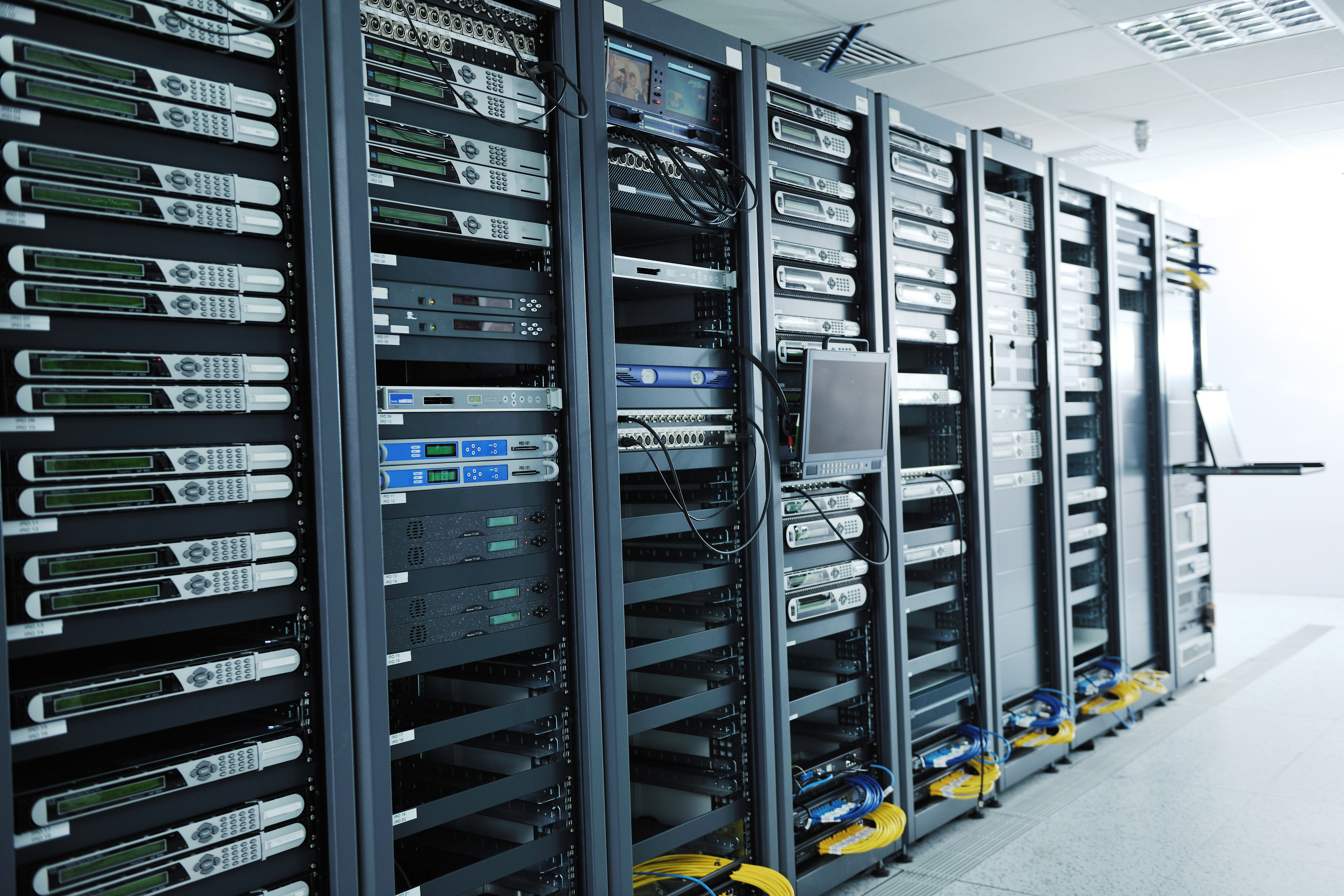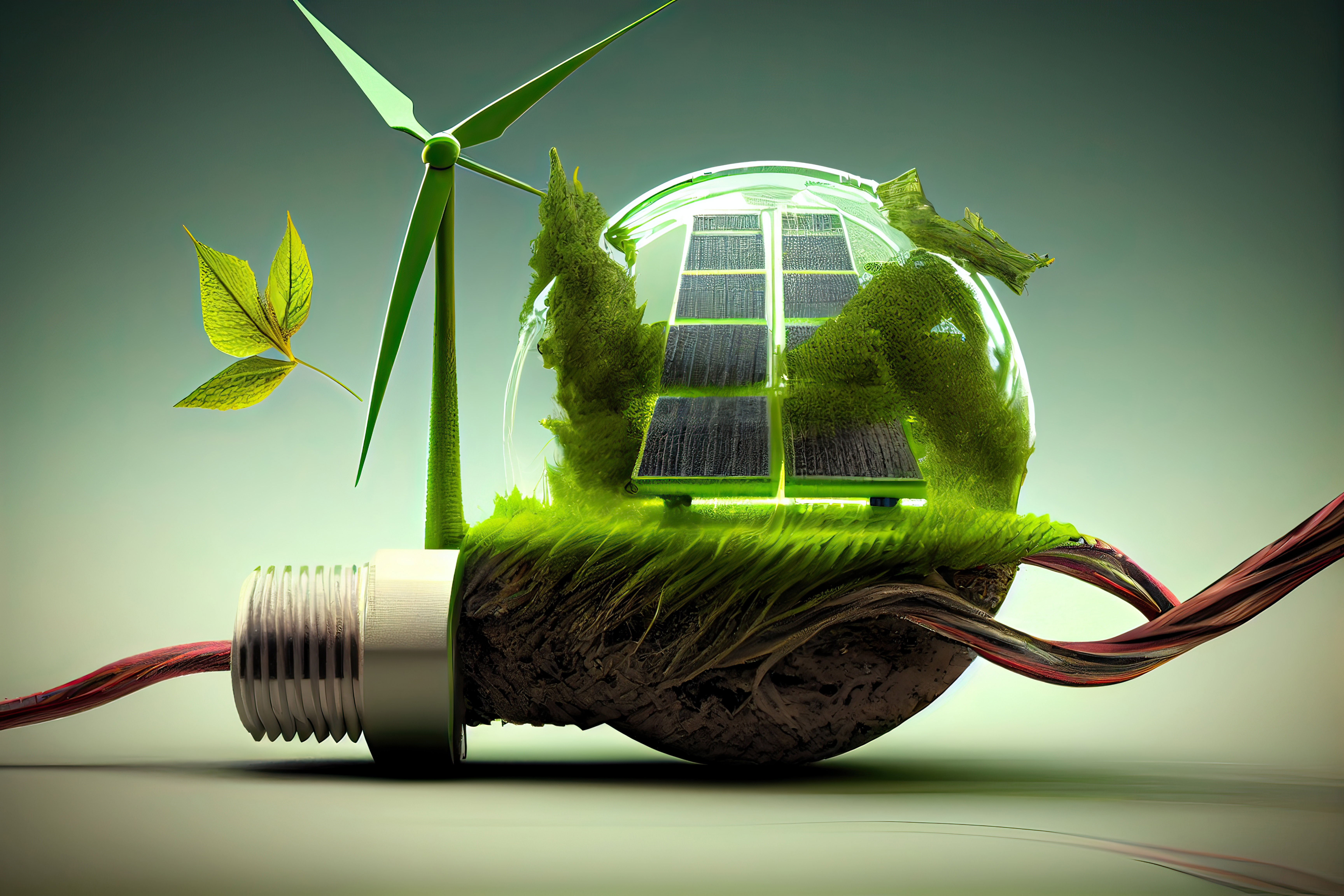Imagining a society without the vast digital networks that tether us to our world – in communication, information sharing, storage, workflows, entertainment and transformative living technologies – conjures visions of a troglodytic regression to darker times. Data powers the world, and data storage is its beating heart.
As the 2030 climate goals approach and cloud storage consumption grows by the day, however, these power-hungry hubs are set to emit approximately 2.5 billion tons of CO2 by the 2030 deadline – about 40% of what the entire United States emits in a year (Morgan Stanley/Reuters).

In South Africa, where energy security is fragile and sustainability goals are becoming increasingly urgent, finding solutions isn’t optional; it’s essential. Globally, tech giants like Google, Amazon and Microsoft are rallying to create an ESG-friendly future without compromising efficiency. While many developed countries are potentially on track to implement environmentally friendly innovations, is South Africa ready yet?
Fortunately, it isn’t all bad news.
The big tech solutions that may disrupt data in SA

Renewable Energy Integration
Amazon Web Services (AWS) is on track to operate entirely on renewable energy by 2025. The company’s investment in a solar project in the Northern Cape will supply renewable power to Amazon data centres and support economic development for local women and businesses.
Microsoft actively invests in African data centres to expand its cloud services, principally Microsoft Azure. In 2019, when it launched its first centres in Cape Town and Johannesburg, Microsoft became the first global player to offer cloud services from African soil. South Africa remains a primary focus, receiving most of the company’s projected $5 billion investment by 2026. This has prompted other tech giants like Google, Amazon and Oracle to pursue investments.
Google has committed to running entirely on carbon-free energy by 2030, offering a scalable model for the tech sector’s energy transition.
Beyond infrastructure, interoperability and streamlined processes maximise energy-efficient cloud computing. AI-driven energy management may emerge as a secret weapon, particularly in making cloud data more energy efficient.
AI systems – most notably, Google’s DeepMind – promise to transform data centre operations by predicting workloads and optimising energy use. However, while the company reported reducing energy consumption by 40% in 2016, the rise of artificial intelligence products saw a marked increase (around 48%) in 2024. So, currently, the jury is out on whether Google will be up to the 2030 challenge.
Every industrial revolution is a learning curve. The fourth (4IR) happened faster than any of its predecessors, and while this has seen extraordinary change and growth in human development, it has also given us limited time to ensure that it remains sustainable.
South Africa presents a singular challenge. Our energy-starved country is punching an even tighter clock than many developed nations. Private sector players are doing what they can, and we hold out hope that it will work.
Optimistically, however, we may emerge as an example.













